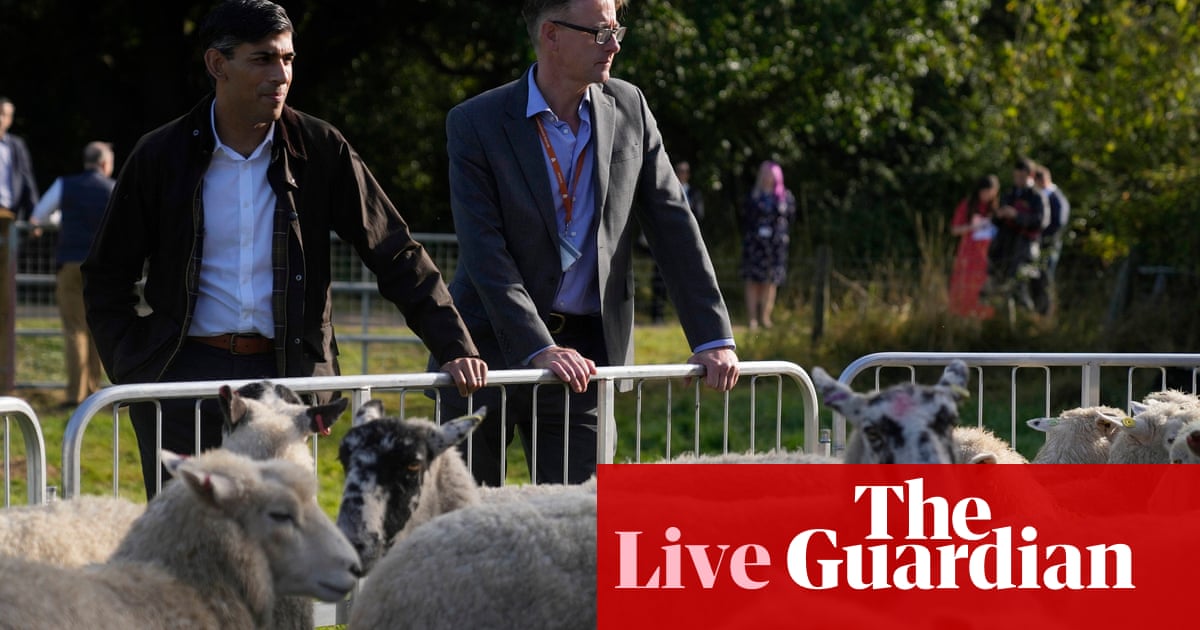
Public trust in the work of scientists and health experts has grown during the coronavirus pandemic, amid a surge in misinformation about the virus, a poll has found.
The opinion poll by the Open Knowledge Foundation, an open data campaign group, found 64% of voters were now more likely to listen to expert advice from scientists and researchers, with only 5% saying they were less likely to do so.
The Survation poll also found 51% of the population had seen fake news about the coronavirus, including discredited claims that Covid-19 was linked to 5G mobile phone masts, on social media sites such as Facebook, Twitter or Instagram.
Catherine Stihler, the foundation’s chief executive, said the decision to commission the poll had been triggered by a study by Ofcom, the broadcasting watchdog, which found last month that more than half of Britons had seen misinformation on the virus.
She said they wanted to see whether public confidence in open data and science had been damaged by that misinformation, but found instead confidence in experts had increased. Survation found 31% were far more likely to listen to experts, and 33% slightly more likely.
A majority of voters, 59%, also trusted the government to make the right decisions about using confidential data to decide when to lift the lockdown and change social distancing rules. However, 35% of voters said they did not trust the government, with only 6% unsure.
The public also wanted much greater access to scientific data, and disliked restrictions on their right to get information. Survation found that 67% of voters believe that all research findings in the search for a Covid-19 vaccine should be made freely available.
In addition, 97% of the 1,006 voters polled said government and health bodies should release non-confidential data used by ministers and the NHS to inform their policies, and 95% said that data should always be openly available, on principle.
Stilher, a former Labour MEP said, said it was essential that ministers and health bodies were transparent during the crisis, given its impact on people’s lives.
“Trust is really important in all of this,” she said. “If we want to have trust in what we’re doing, and the action we’re taking, we need to trust the science behind that, and be able to judge it.”
The UK government’s decision to use a contact-tracing app with a centralised data-collection process, placing the data on large servers, risked undermining that trust, she said. Other countries, such as Finland, Ireland, Estonia and Switzerland, were using contact tracing apps that used decentralised data that stayed on a user’s phone.
“Openness is critical to trust, and trust is critical to getting us out of this,” she said.
The foundation asked voters whether they believed governments should use emergency legislation to suspend or change the public’s right to information. The Scottish government has passed controversial powers that allow public bodies up to 60 working days to reply to freedom of information requests.
Survation found 52% of voters opposed restricting the right to know, while 29% supported it and 18% were unsure.
The finding that 51% had seen false information about the virus on social media echoes findings from Ofcom. Its weekly surveys found between 44% and 50% had seen misinformation in the previous week, most often linking coronavirus with 5G masts. Ofcom found that 3% to 7% of people had shared it with other people that week.












